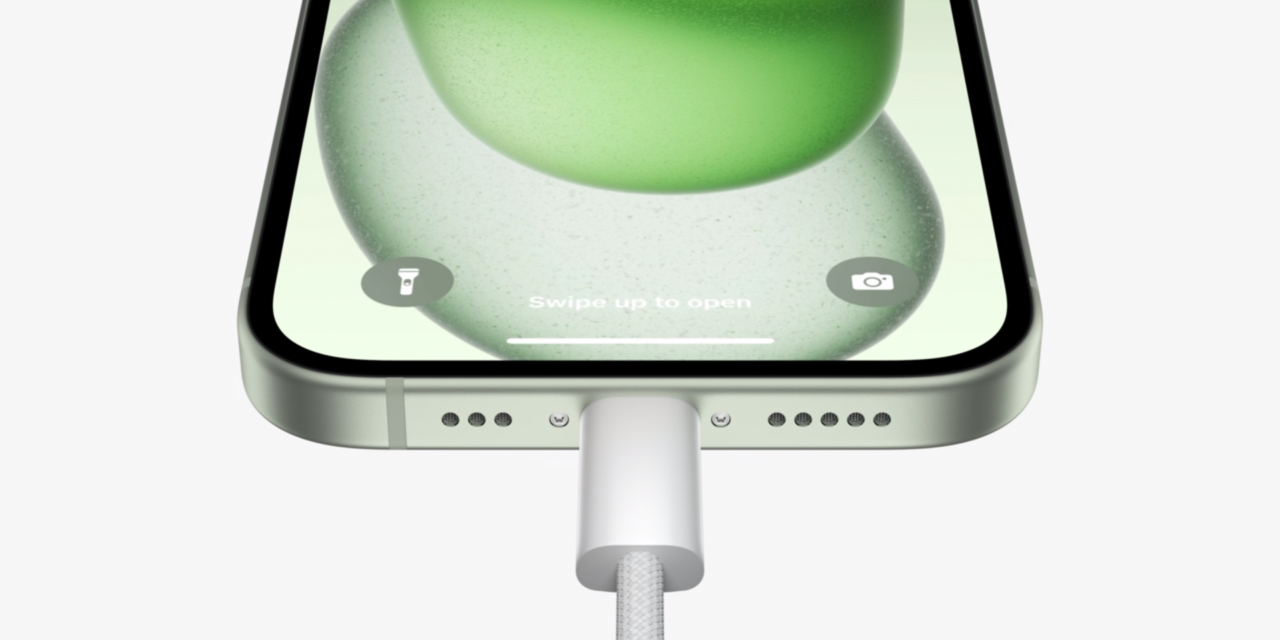
Back in January of this year, it was discovered that Apple’s Group FaceTime had a bug. This would allow anyone calling to hear the person they were calling even before they answered the phone. It was quickly dubbed the “eavesdropping” bug. And one particular lawyer took exception.
Before January ended, there was a report that a lawyer out of Houston, Texas, by the name of Larry Williams II, ran afoul of this bug. According to him, the Group FaceTime bug made it possible for someone else to listen in on sworn testimony. As a result, Williams II sued Apple and went to court over it.
Well, it turns out that Apple has won that particular decision. A court has ruled in favor of Apple and dismissed the case entirely. The court’s decision came in part because it ruled that Williams II did not provide sufficient evidence that Apple knew of the issue. What’s more, the court decided that the particular audio bug was “unreasonably dangerous” to be a valid complaint in this regard.
“Williams’s petition does not allege facts about any available alternative design. He fails to allege facts about the iOS 12.1 software as to whether the defect that allegedly allowed a third party to “eavesdrop” on his group FaceTime call was “unreasonable” for the product’s ordinary use. Williams’s generalized allegation that the iOS 12.1 software was “unreasonably dangerous” and caused him injury falls short of the Rule 8 threshold.
Williams’s petition recites the pleading elements, but it does not allege facts that could show Apple’s knowledge of the defect or that Apple could reasonably have foreseen that an unknown third party would listen to Williams’s group FaceTime call without his permission.
Williams’s claim also fails because he did not state facts that could show that Apple’s alleged negligent design or manufacture of the iOS 12.1 software proximately caused his injury.”
Apple had to temporarily disable Group FaceTime after the audio bug was discovered. And the company wouldn’t fix the issue until near the end of February, when it released iOS 12.1.4. While this was definitely a major problem for Apple at the time, it appears that most people have forgotten about it these days.
[via MacRumors]






Recent Comments